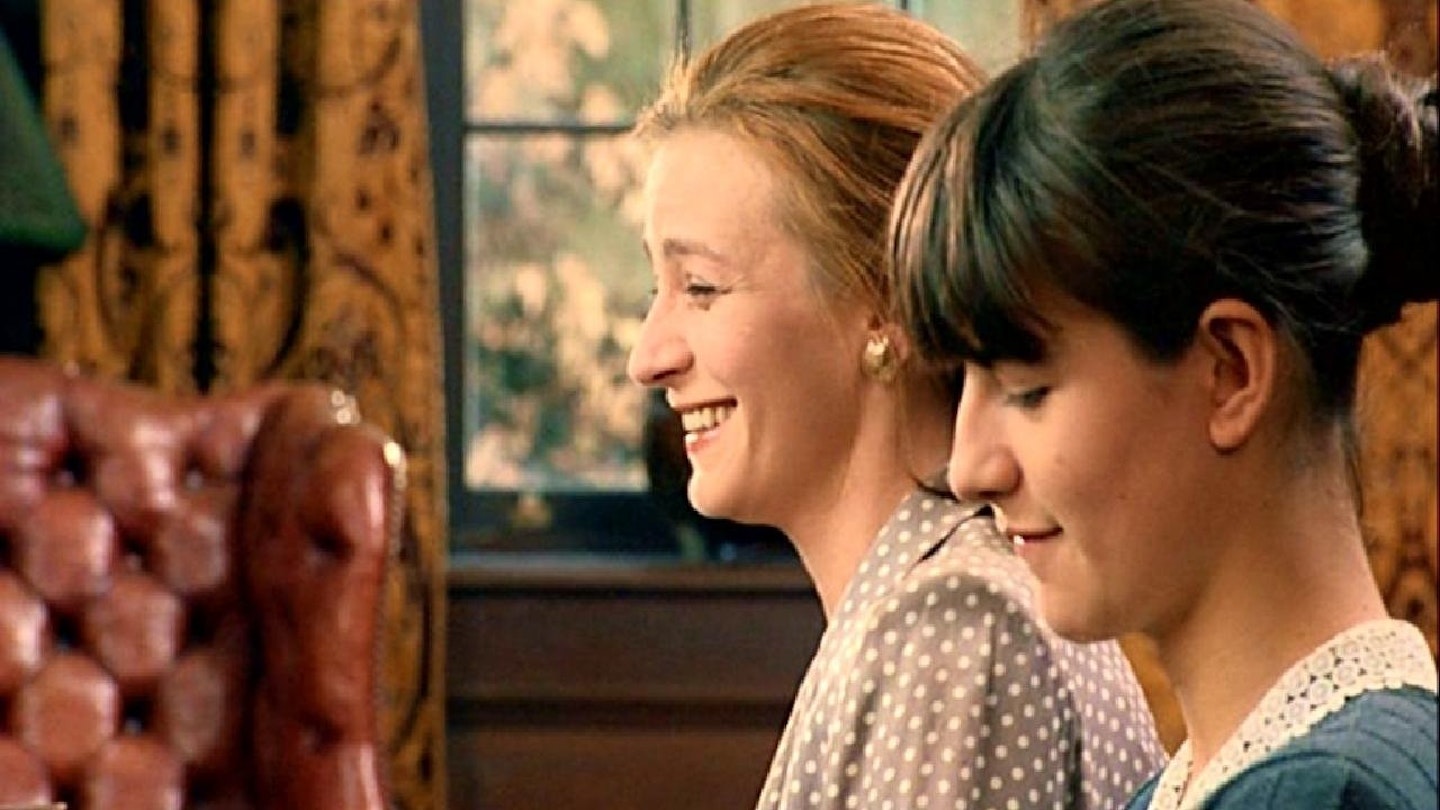An adaptation of Nina Berberova's novel The Accompanist, this is in the smug tradition of old guard European art house films, being monumentally tedious while erroneously claiming in compensation some negligble insight into human relations.
Removed from post-Revolutionary Russia to Nazi-occupied France, it tells the story of Sophie (Romane Bohringer), a young pianist who escapes the privations of wartime life by securing a job as accompanist to diva Irene (Safonova), the elegant wife of a wealthy businessman called Charles (Richard Bohringer, oozing power). Sophie becomes more and more obsessed with Irene's life, spying on the singer as she pursues an affair with Jacques Fabert (Labarthe), a handsome hero of the resistance. When Charles, vilified by resistant Frenchmen as a collaborator and by occupying Germans as uncooperative, escapes to London with Sophie and Irene, the latter continues her affair with Jacques, who has also escaped. And that's about it.
It's difficult to convey the sheer sense of time wasted that attends upon the film's conclusion. This is a picture which hints at comparisons with other movies which it simply can't uphold: it doesn't capture the sense of wartime corruption as well as The Conformist, nor does it offer as much insight into the collaborator's psyche as Lacombe Lucien. Rather, it is the cinematic equivalent of those white emulsions which offer hints of colour: here, a deceitful hint of intellect and a return to the vapid Euro-tradition of movies made for people who'd rather be reading a book.
